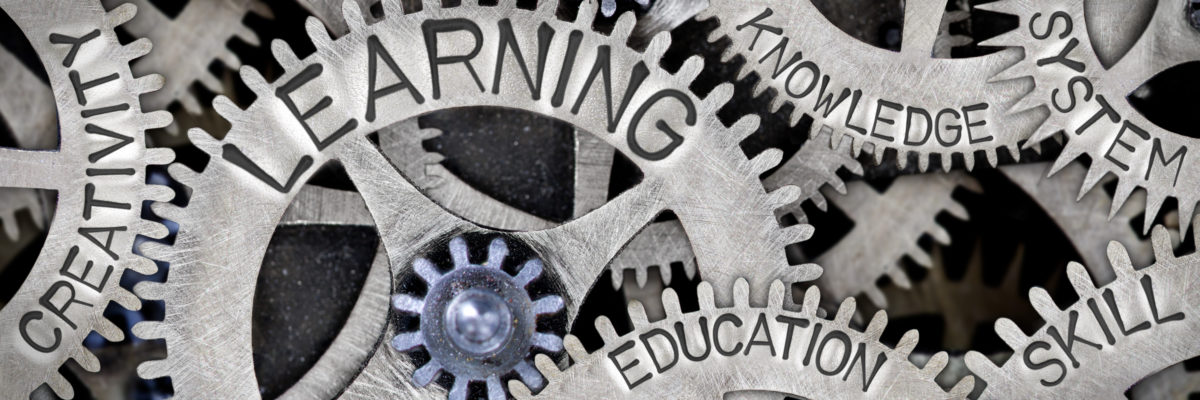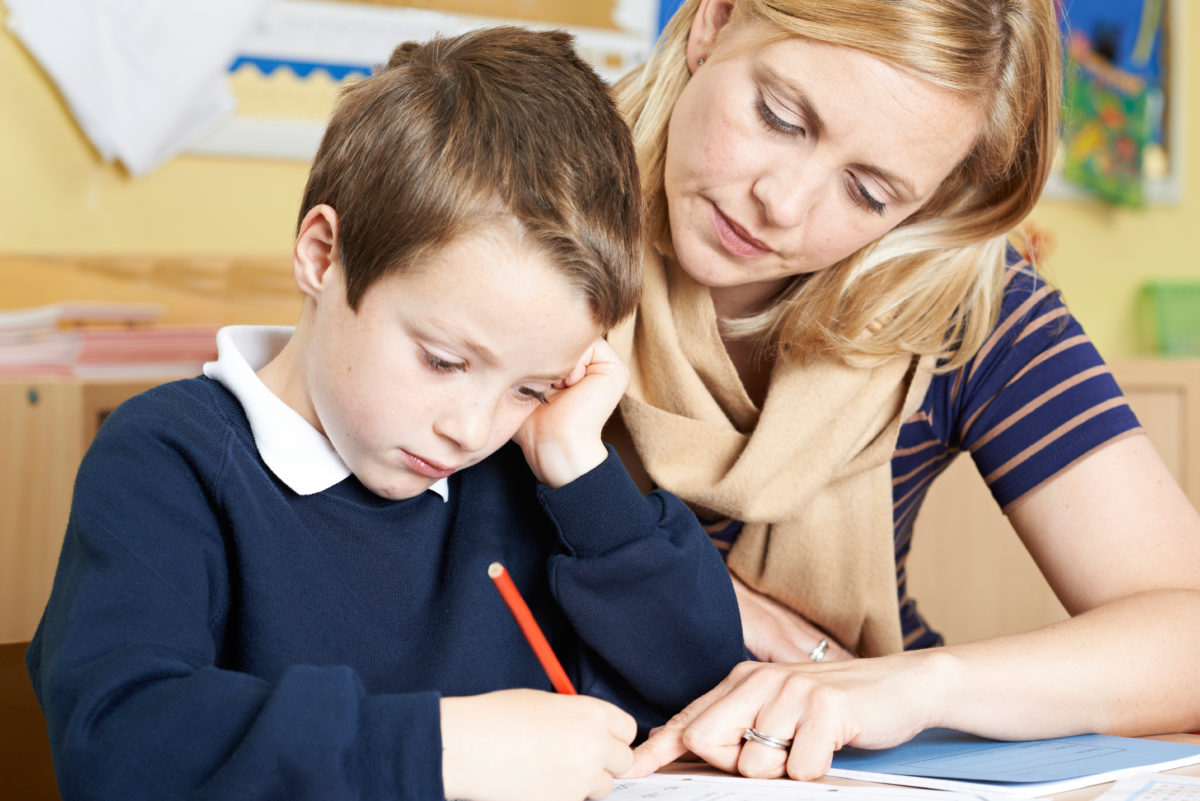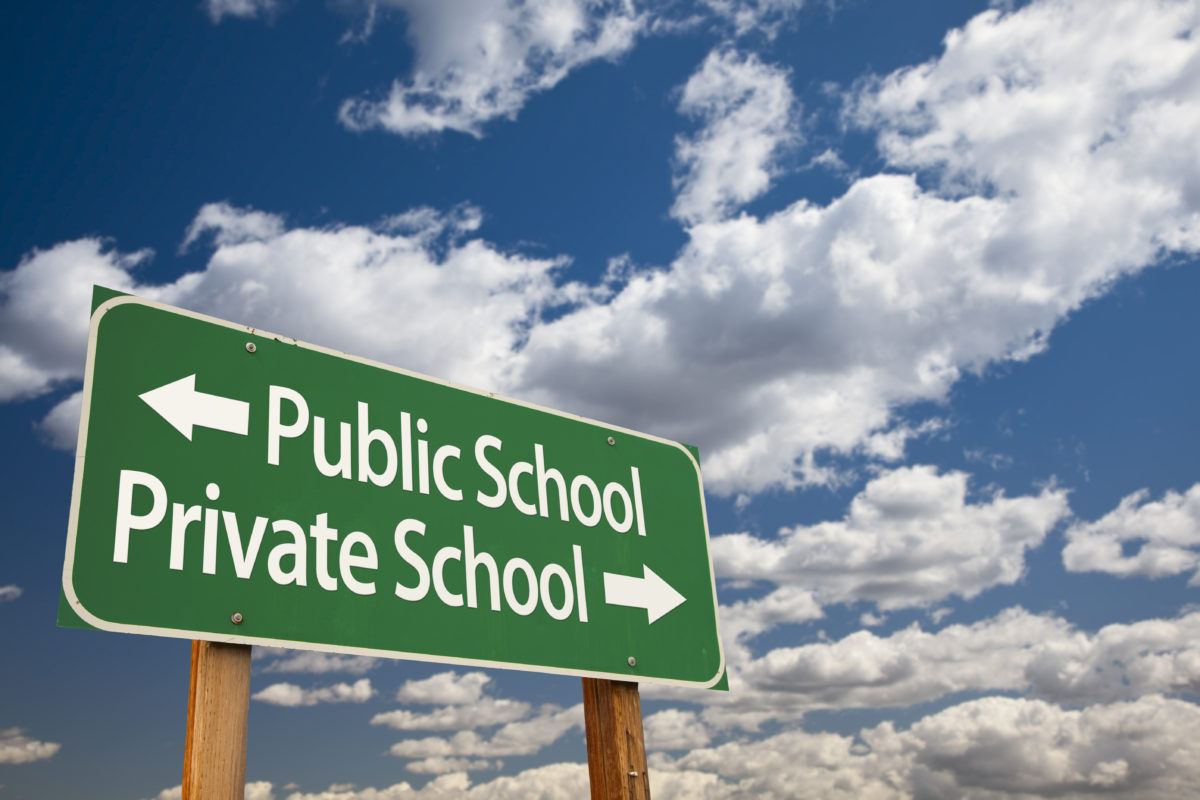


The EdTech Overtake

Understanding Current Events First Requires Knowledge of History

Parents Must Call for Reforms to K-12 Education

A New K-12 System

School Choice Can Catch Students Back Up

No Incentive to Provide Quality Service or Produce Results

